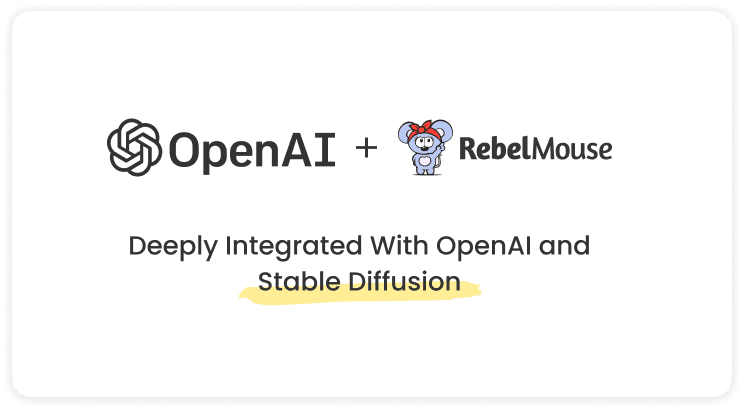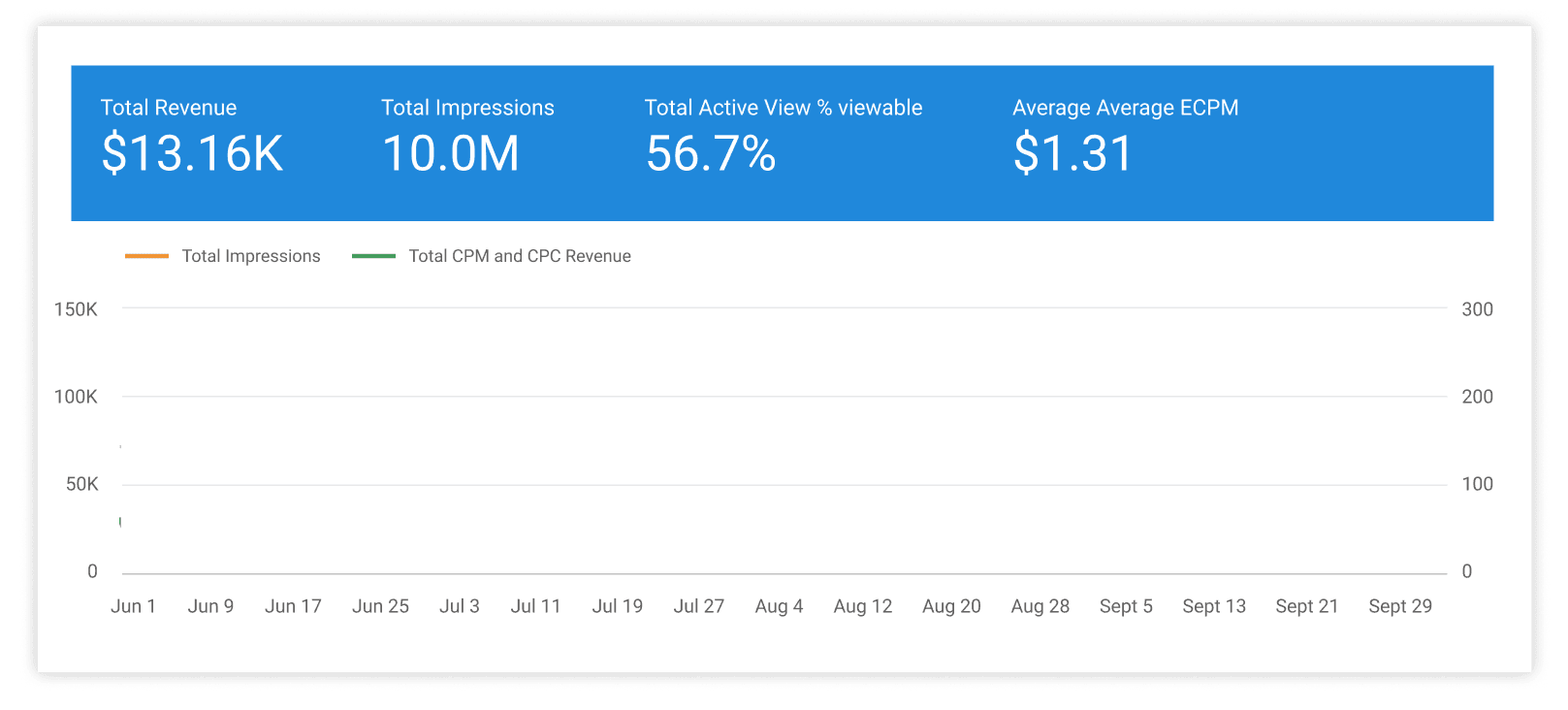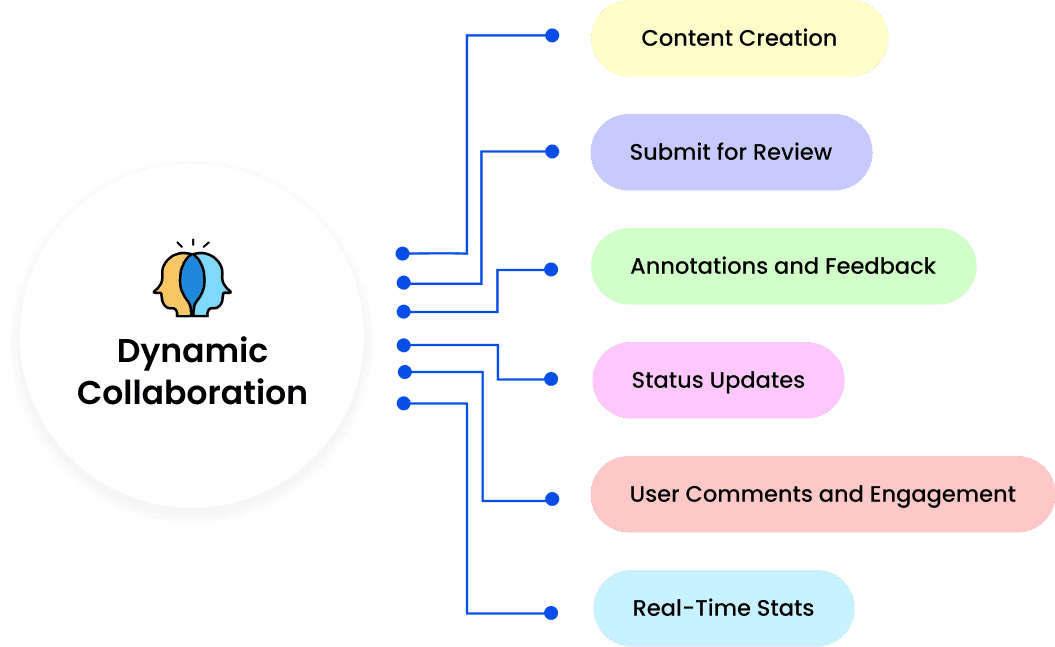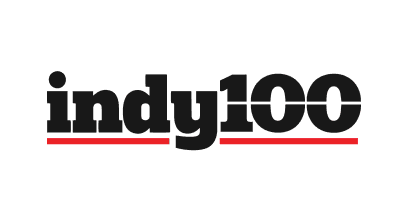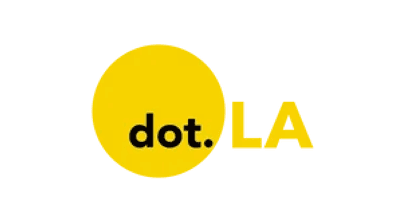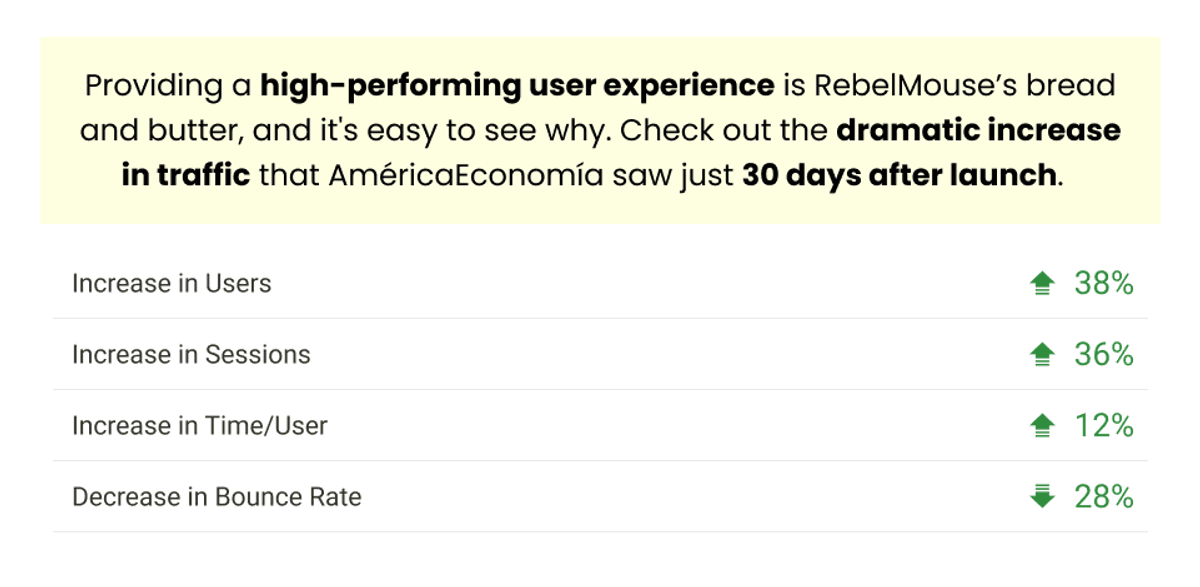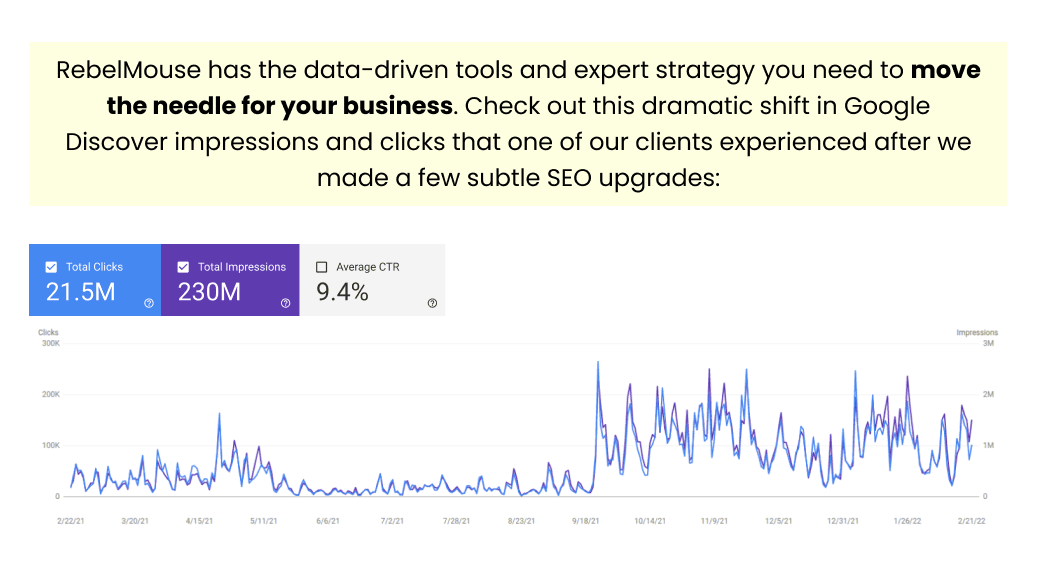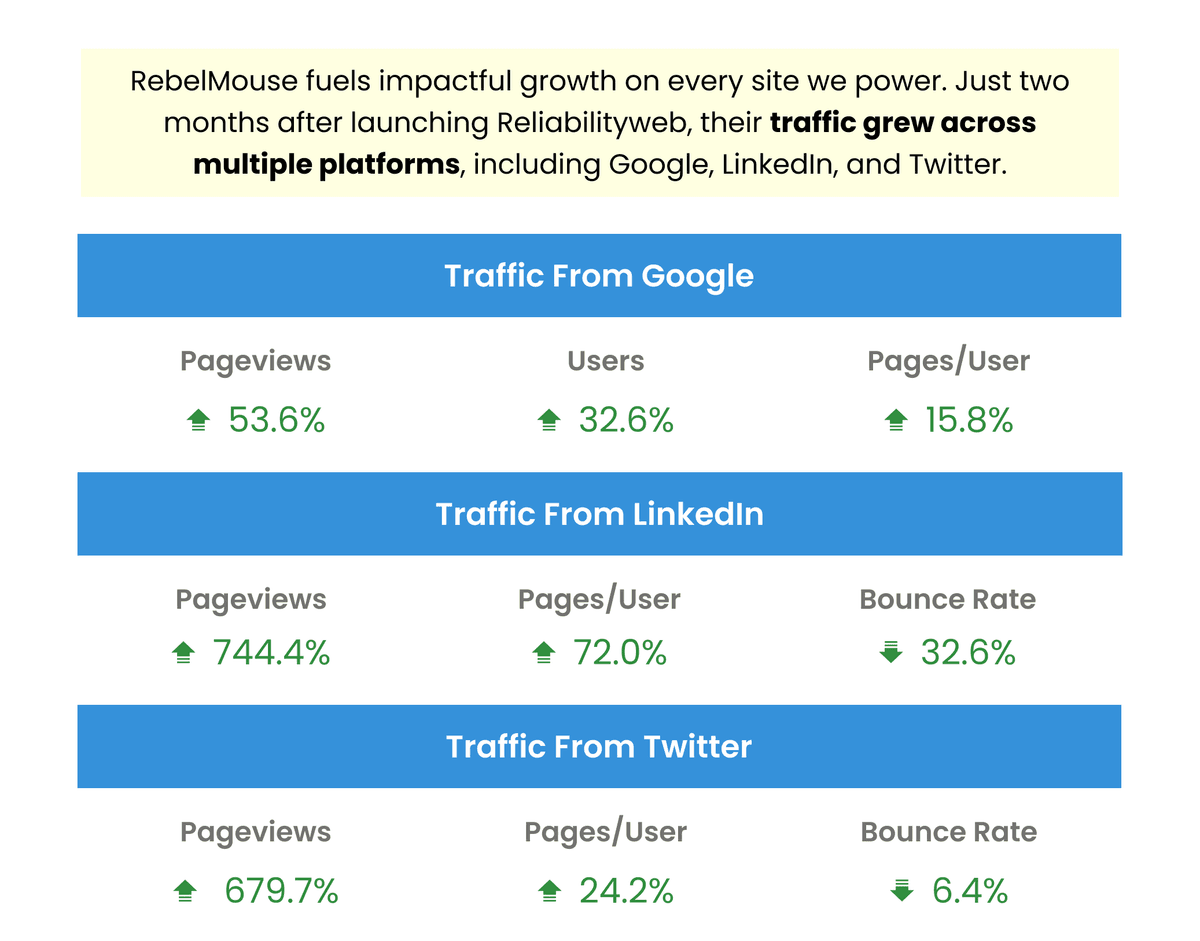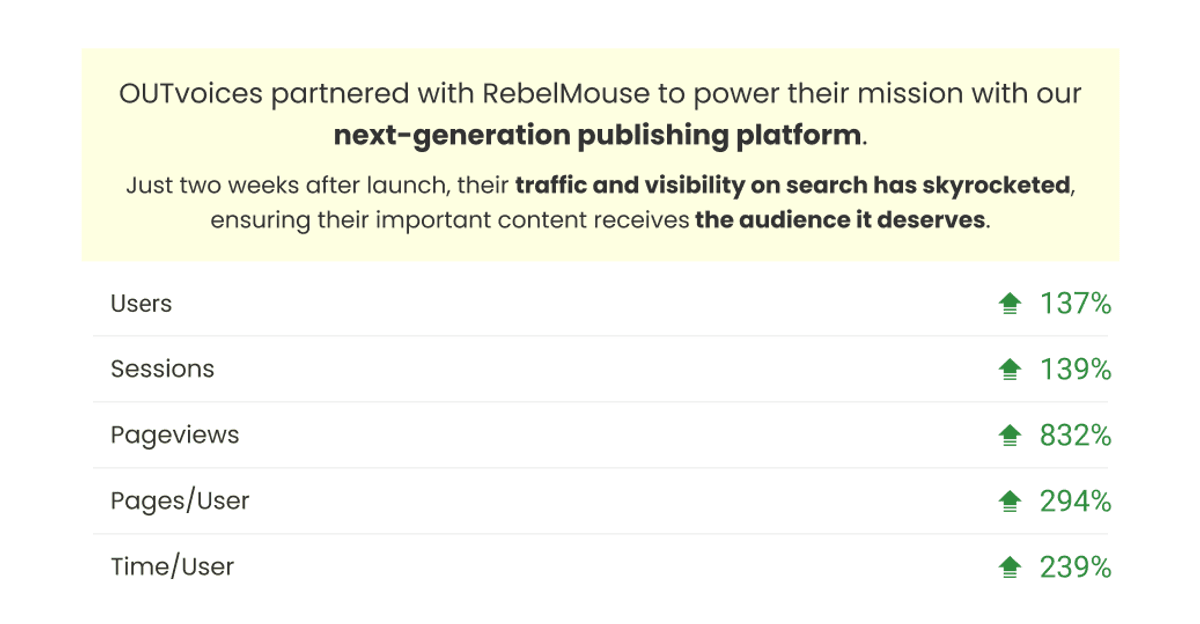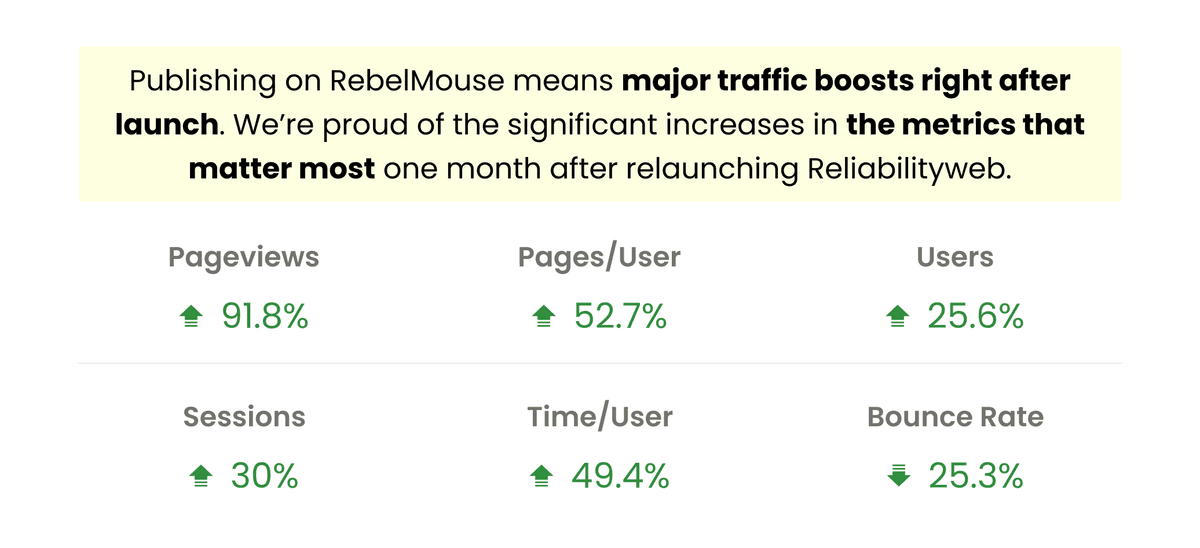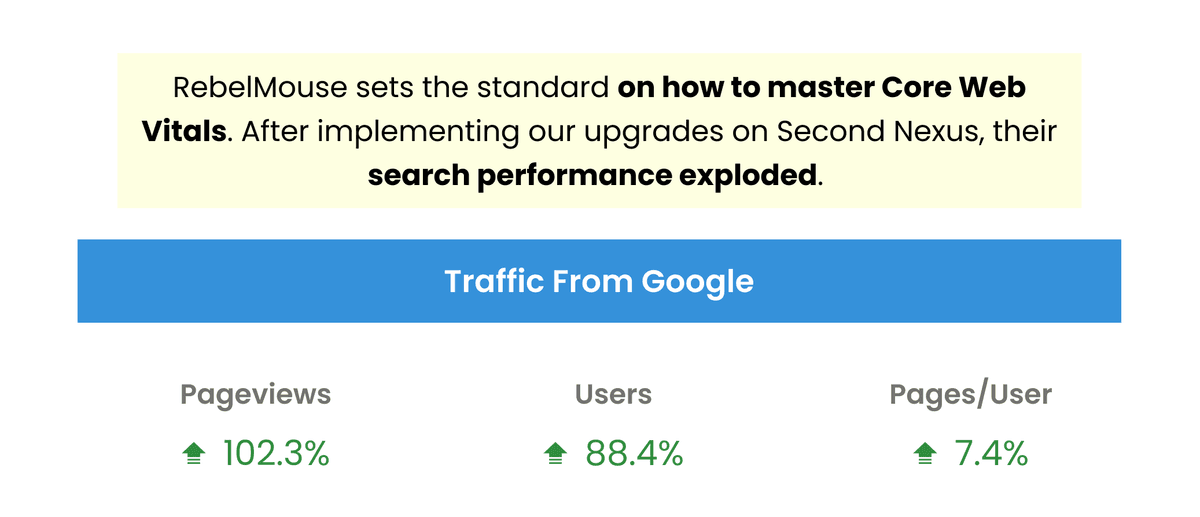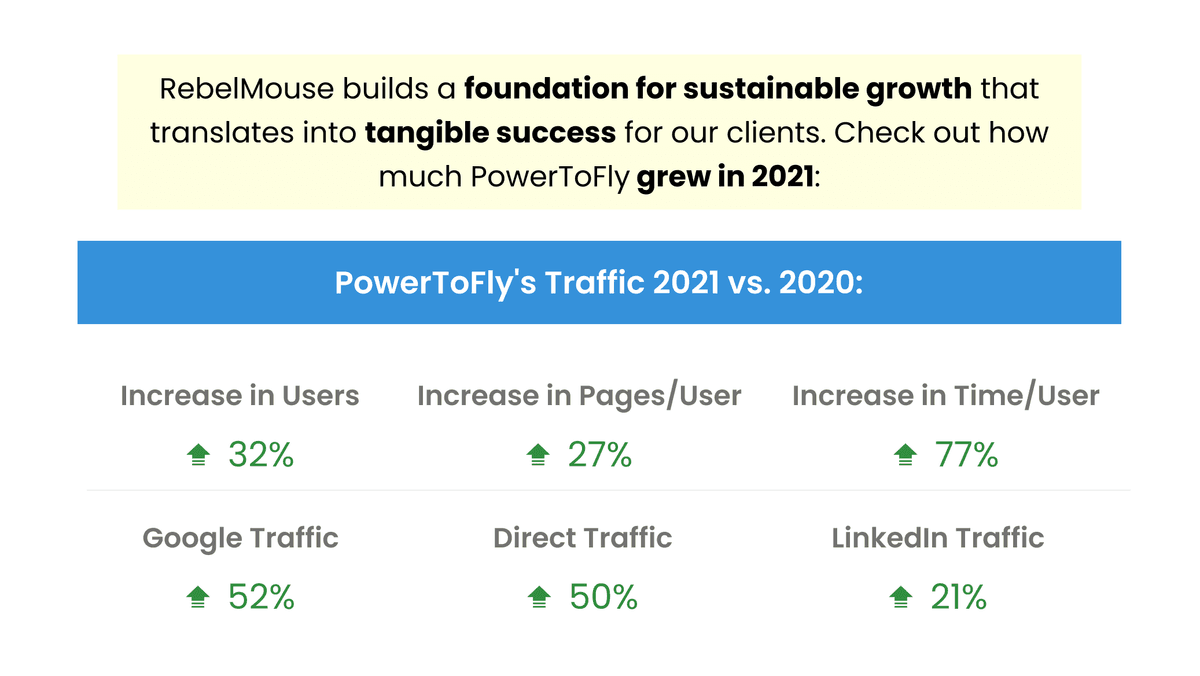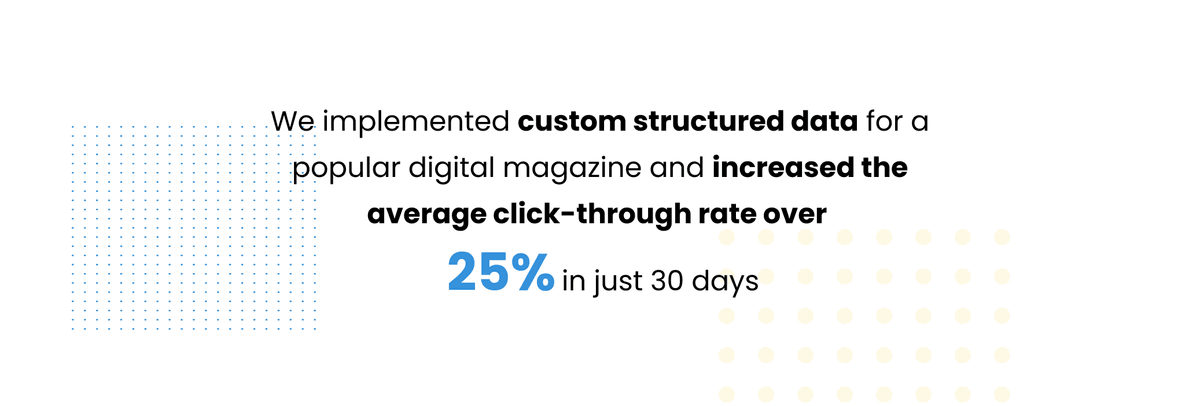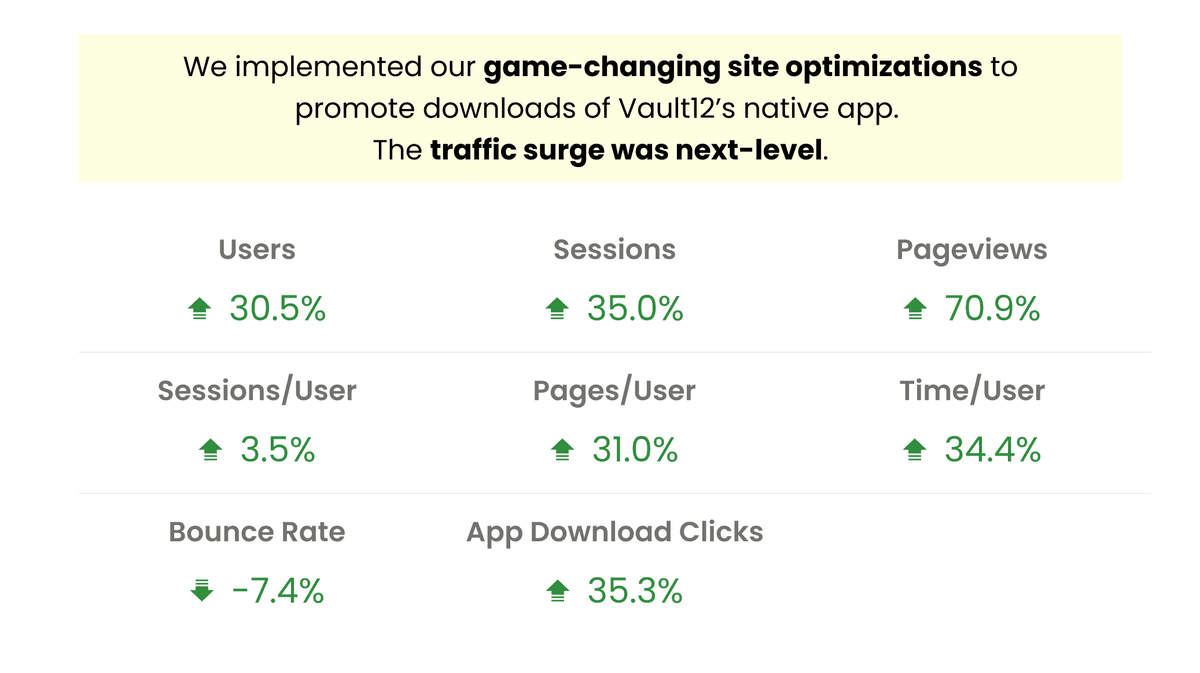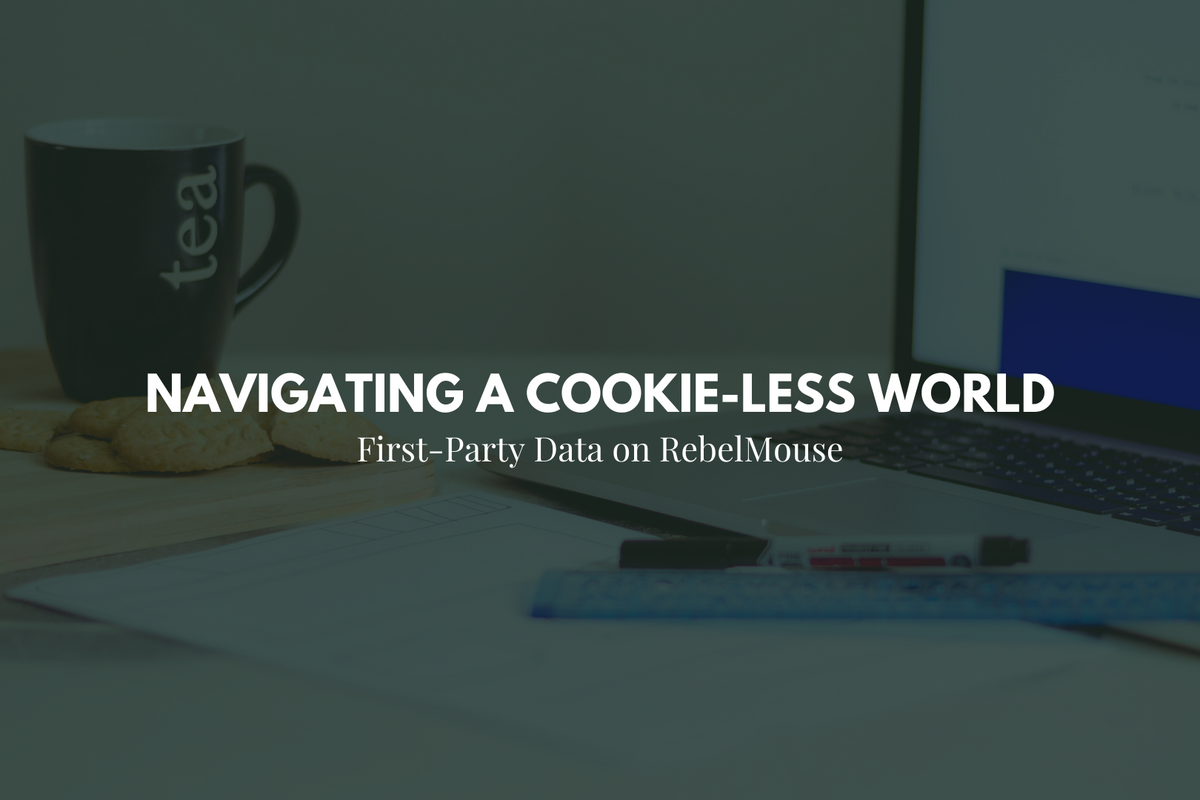
As consumer privacy takes priority in 2021, strategize to capture the right data
2021 will be a pivotal year in the ongoing battle for user data, as the almighty cookie sees layers of its power stripped away for the sake of preserving consumer privacy.
Great Power Required More Responsibility
Since the early 90s, cookies have been a fundamental component of how the web works. These small text files were designed to make it easy for sites to identify visitors and be a convenience. Businesses certainly capitalized on cookies, based on stats from a recent Information Commissioner's Office study that found:
- The average website places 34 cookies on a device during a person's first visit
- 70% were third-party cookies set by websites other than the one being visited
This side-door access to data allowed companies to freely share detailed user profiles without consent. So it's no surprise that within recent years, most publicly after Facebook's Cambridge Analytica episode in 2018, increasingly distrustful users demanded more insight into how their data is used. As a result, new standards will transform how users can be tracked across the web.
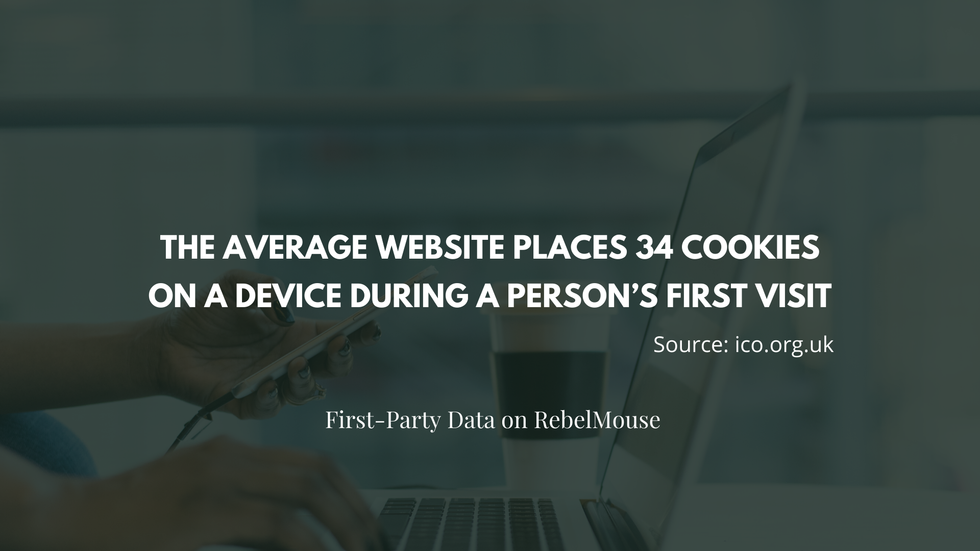
Present-day platforms and browser gatekeepers, which hold large amounts of personally identifiable information (PII) about millions of people, have no choice but to update or be more transparent about data usage standards to foster safer browsing experiences.
- Apple's Intelligent Tracking Prevention not only blocks third-party cookies, but recent updates also crack down on the ability to piggyback on first-party cookies for cross-site tracking in Safari.
- After intense scrutiny in the last two years, Facebook has become a more closed ecosystem by limiting third-party access to user data.
- Starting in February 2020, Google will release Chrome updates that enforce higher standards for third-party cookies while also creating a path for users to choose whether they are tracked.
But these platforms, who have enjoyed autonomy for so long, are no longer being trusted to regulate themselves. In 2018, the EU passed the General Data Protection Regulation (GDPR) to give control to individuals over their personal data. The U.S. passed similar regulation in 2020 with the California Consumer Privacy Act , or CCPA, which will undoubtedly pave the way for more states to define rights over user data and companies' access to it.
Secure First-Party Data With the Right Partners
These regulations can have huge implications as brands and publishers consider their site experiences moving forward.
Brands need to navigate how to maintain consistent and accurate audience measurement across channels. Publishers need to be concerned about ad revenue, since many publishers currently rely on programmatic ads for the bulk, if not all, of business revenue. eMarketer estimated that U.S. advertisers spent nearly $60 billion on programmatic display in 2019. If it becomes inefficient to track users and dynamically target ads across the open web, publishers could see steep declines in programmatic CPMs and ad budgets could disappear overall. And as brands and agencies are potentially forced to double down with platforms like Google, Facebook, and Amazon (which have plenty of first-party information across their sites and apps), publishers without a plan will be left with not enough ad dollars to sustain their business.
Whether you're a brand or publisher, these industry shifts can appear scary. Particularly if you're a publisher, you may wonder how a media business can survive if cookies become obsolete and you can't rely on programmatic ads for support. But you will thrive if you instead recognize the opportunities. Now is the time to further establish credibility and build trust so audiences are willing to share their personal information directly with you.
RebelMouse has best practices and strategies built into the platform that make it easier to capture and wield first-party data from audiences that opt to maintain a relationship with you.
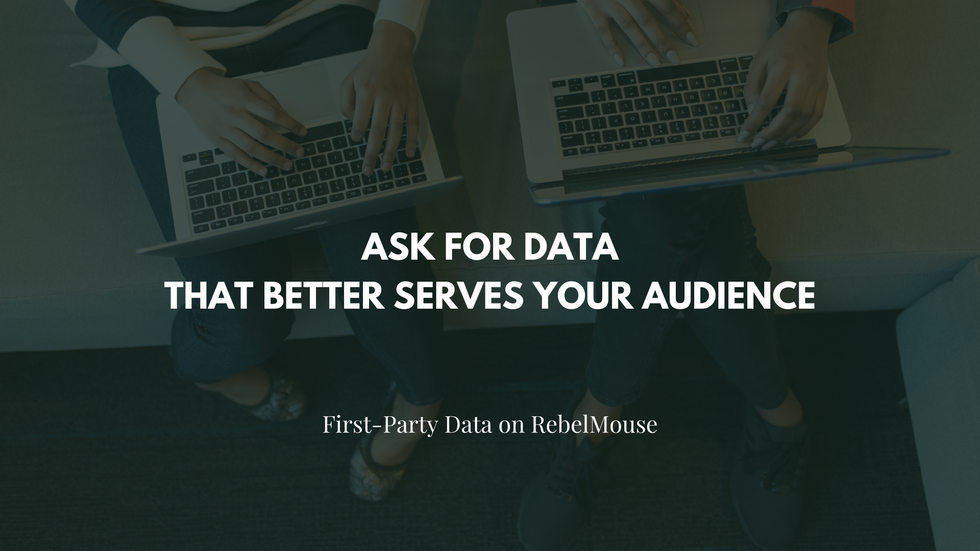
Ask for Data That Better Serves Your Audience
Don't give users a reason to be suspicious of your intentions. Basic site login experiences should be simple for users and only require the most necessary information, like an email and password, or social media credentials. If you're providing an option for personalized content, present a list of topics for users to choose from or ask for a zip code. With RebelMouse, you can use custom fields to completely map to your marketing taxonomy. You can also leverage RebelMouse APIs that let you get that data in and out entirely.
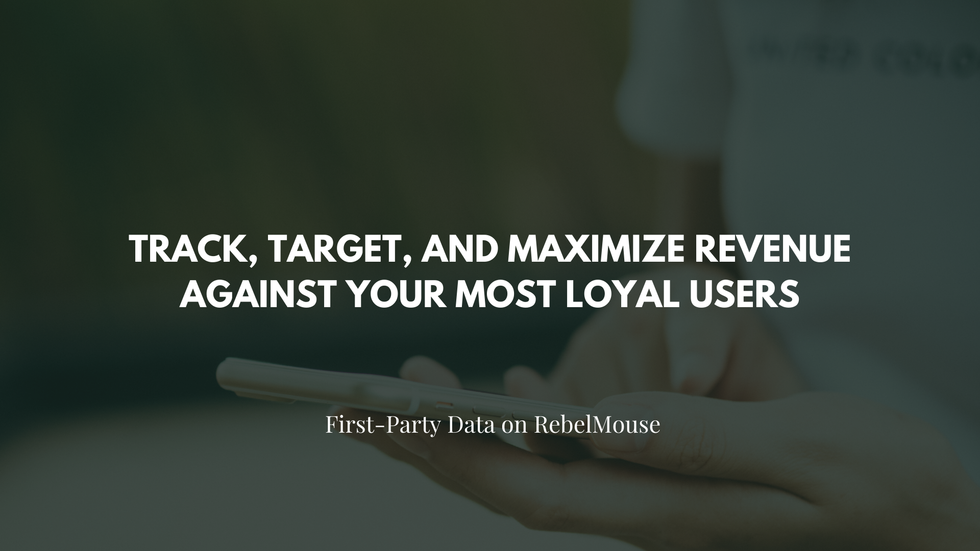
Capture Data at Key Touchpoints With Clear Benefits
Users that opt to engage deeper with your content, your site, or with each other are a valuable audience segment that should be treated separately. You can build a range of experiences that weave in data requests or login prompts so that your teams can easily track, target, and maximize revenue against your most loyal users.
With RebelMouse, you can seamlessly surface these prompts to unlock certain privileges, including:
- To participate as a community member , take key actions or access special features. This includes voting , commenting , saving an article, or submitting content.
- To receive a more personalized user experience, either onsite or via email newsletters .
- Whenever users encounter paywalls , which could include making a donation or paying for membership benefits for a valuable article.
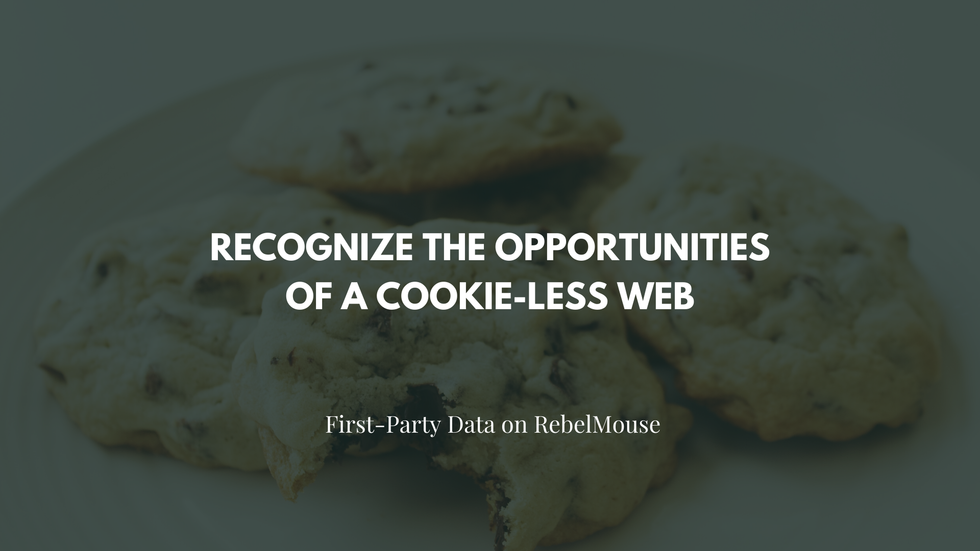
Dynamically Target Users When They're Logged Out
For users that may be casual visitors or are not logged in, you can still provide a dynamic content experience. RebelMouse allows you to establish primary and secondary tags for each piece of content so, for example, you can recommend tech content even though they are on an article page about politics. You can also pass the tags to your ad server (e.g., Google Ad Manager) to ensure ads are relevant to the editorial experience.
RebelMouse Is Here to Guide You
Whether you're a brand planning to pair content and commerce for higher conversion or a media company looking to diversif y monetization strategies, it's only smart business to optimize your site experience and include levers for data capture as a trade-off for content access. A world without cookies can appear scary, but you don't have to approach these paradigm shifts alone. At RebelMouse, we pride ourselves on gauging what's ahead in the media industry and helping our clients plan for long-term success.
If you're a RebelMouse client, talk to your account manager if you have questions. Not yet a Rebel? Feel free to reach out and we'll be happy to have a conversation about how we can work together.
























